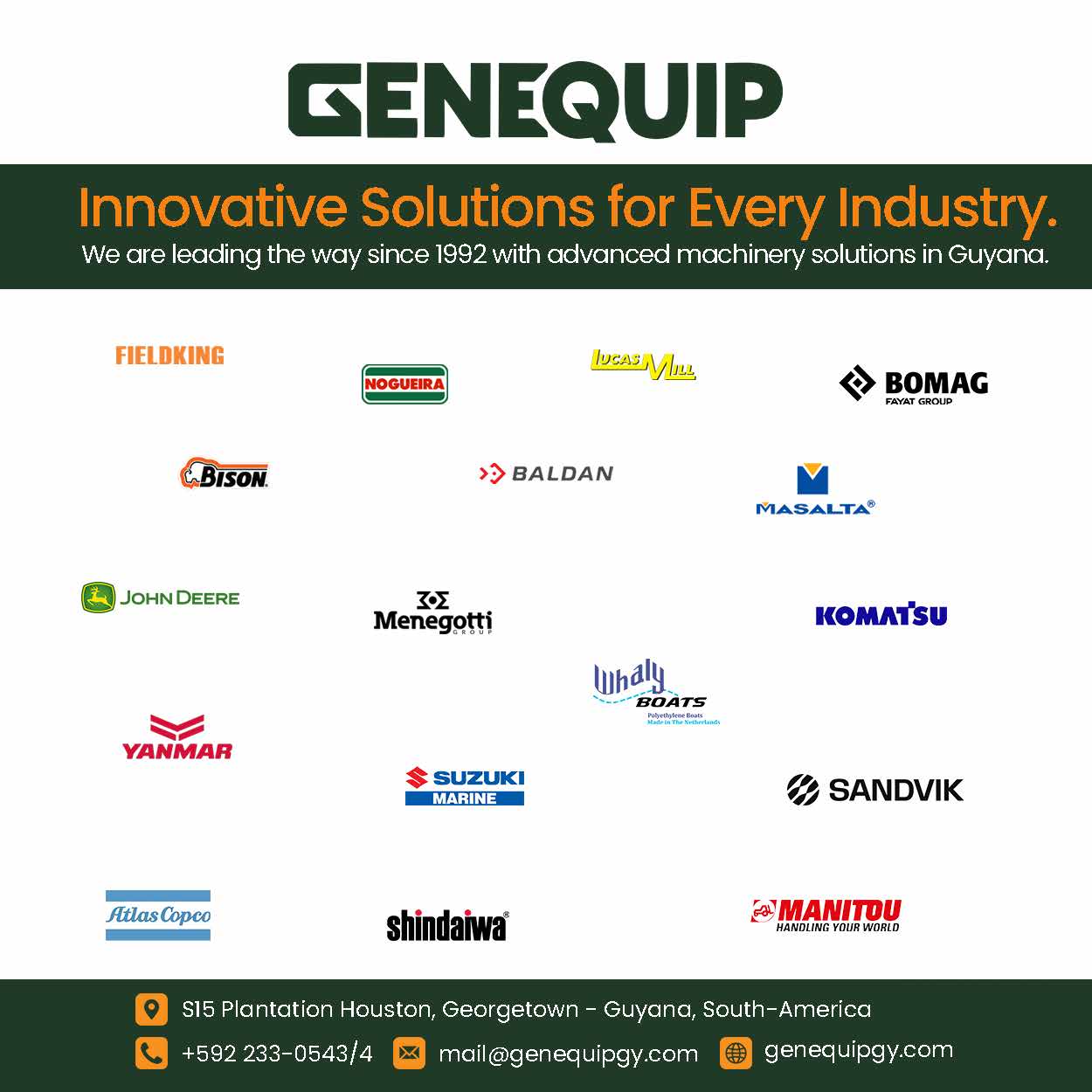Leading companies in Guyana’s oil and gas industry said they are stepping up efforts to integrate small and medium-sized enterprises (SMEs), particularly women-owned businesses, into their supply chains as part of a long-term strategy to strengthen the nation’s economic foundation.
Company representatives indicated this goal at a panel discussion titled ‘Industry Perspectives’ at the Local Content Summit in April. Local Content Supervisor at ExxonMobil Guyana, Natina Singh, disclosed that the company has designed investments to build local capacity with sustainability in mind.
“We’ve put a lot of focus on the Centre for Local Business Development (CLBD) and the programs that we run through there because they are focused on women-owned and led businesses, small and medium-sized businesses,” Singh said.“We are interested in building capabilities and capacity for sustainability. They’ll outlive us, right?”
She pointed to the AccelerateHER and ElevateAll, CLBD programs, which have already supported around 200 women. A recent follow-up showed a combined increase of USD16 million in revenue among participants.
“Those are the kinds of things that we want to ensure are integrated into the oil and gas supply chain but also being prepared for any other industry that may come to the shores of Guyana,” she added.
Baker Hughes is taking a similarly forward-looking approach. Caribbean Area Director, John Rhodes, said the company is not waiting for the government to release updated sector targets in the Local Content Act before expanding its supplier base.
“We’re already, in anticipation of that, trying to grow our local suppliers and anticipate which sectors, so we can be fully compliant…We’re not going to wait. Why wait?…It makes business sense to use local suppliers well in advance of that,” he asserted.
Rhodes said Baker Hughes spends about USD35 million annually in Guyana, and 10% of that goes to women-owned businesses. He added that the company gives “extra weighting to female-owned businesses” during the Request for Information (RFI) process.
SLB aims to onboard 5-10% more SMEs and women-owned firms. Supply Chain Manager Elchin Rzayev said the company engages with new suppliers on a project-specific basis and holds face-to-face meetings with those responding to RFIs.
“We see the market is growing…but [some local suppliers] feel that the barriers to enter and work with the big companies is too high for them and too costly,” Rzayev said.
Insurance cost is a significant barrier across the sector. Rzayev said the “cost of insurance in the standard industry is high.” Therefore, SLB is making accommodations to help locally certified vendors.
Halliburton’s Country Lead, Vahman Jurai, said his company is working to address this concern. “Some of our contract models require…elevated insurances and all the terms and conditions that bring additional costs,” Jurai explained. “That is an area we’re working on with the local suppliers…to see how we can make some concessions to give them that ability to participate.”
SBM Offshore has taken steps to embed local content criteria in every stage of the procurement process. General Manager, Martin Cheong, said bid evaluations now reflect the guidelines issued by the Local Content Secretariat.
“We’ve significantly enhanced…our commercial bid evaluation, to take into account the guidelines… and applying that to give the advantage to the local businesses, SMEs, as well as women-owned,”Cheong said.
He also discussed how SBM is nurturing entrepreneurial mindsets from a young age. “Some of the young girls in our football programs are interested in opening their own businesses,” he said. “Providing them with that skillset from an early age [helps them] have the entrepreneurial mindset from the onset.”
A recurring issue raised by suppliers is the timeliness of payments. Rhodes acknowledged that payment delays can be frustrating but said many of these result from vendors not fully understanding Baker Hughes’ invoicing protocols.
“We do have local suppliers who just submit an invoice, no backups, no nothing… The system is automated. It’s just rejected,” he said. “If you do submit our invoices with backups, you’ll get paid on time.”
Jurai said Halliburton, like Baker Hughes, has observed this and responded with targeted training. “We’ve spent a lot of time training [vendors] on how to maneuver the process and what are the touchpoints or who are the contacts, should they have a delay in those payments,” he said.
Despite the growing pains, the benefits are becoming evident. Some small businesses that started as Halliburton vendors have grown beyond the company’s needs. “They consider us now too small for them, so they have grown a lot also,” Jurai noted.
With the oil and gas sector expanding rapidly, the Local Content Secretariat is looking for ways to boost opportunities and access for locals, especially women-owned businesses and SMEs. The government said it will continue to find ways to facilitate a reduction in payment times and add new categories of work to the Local Content Act.








